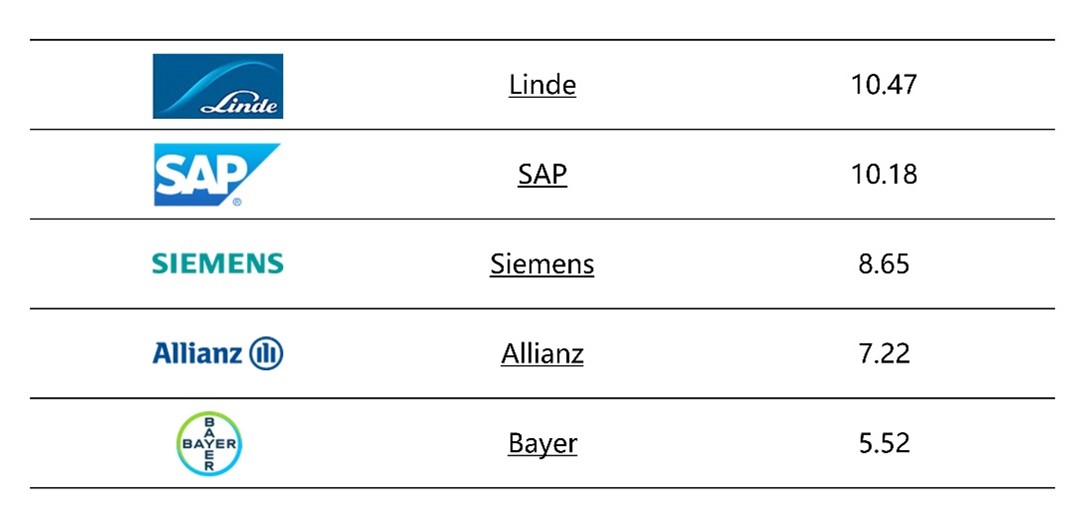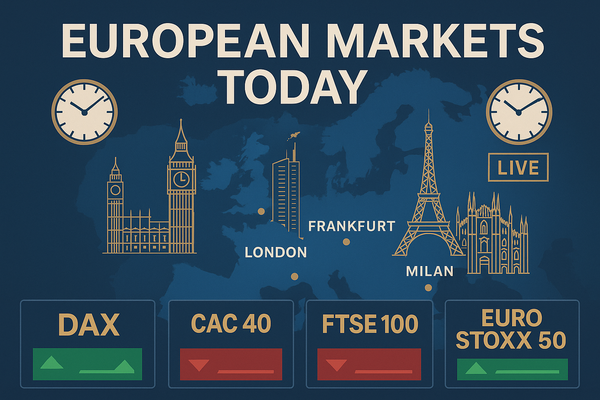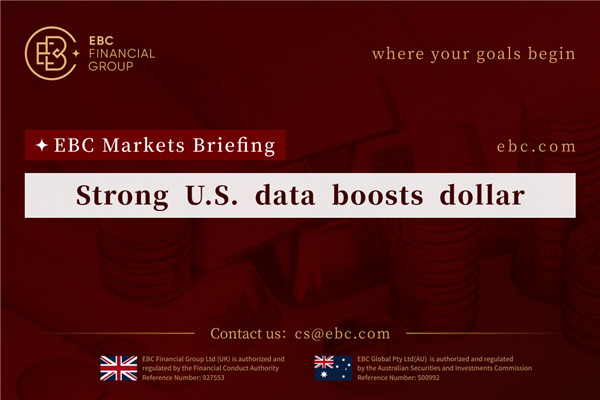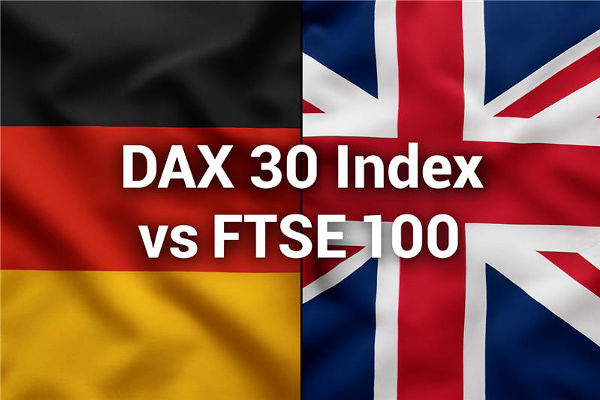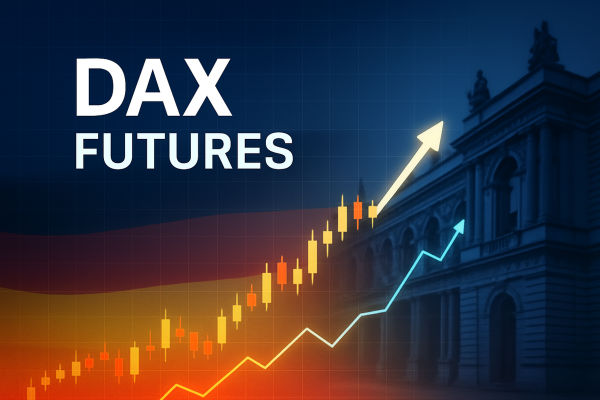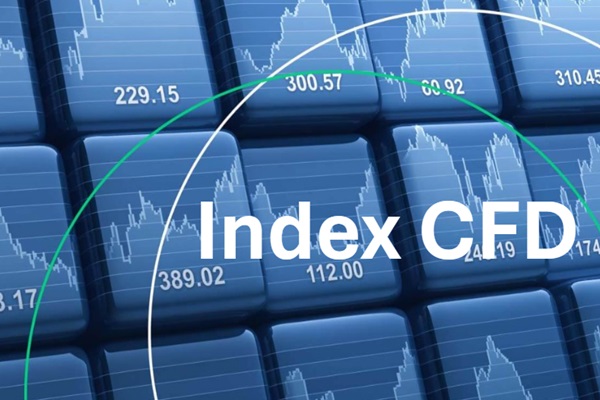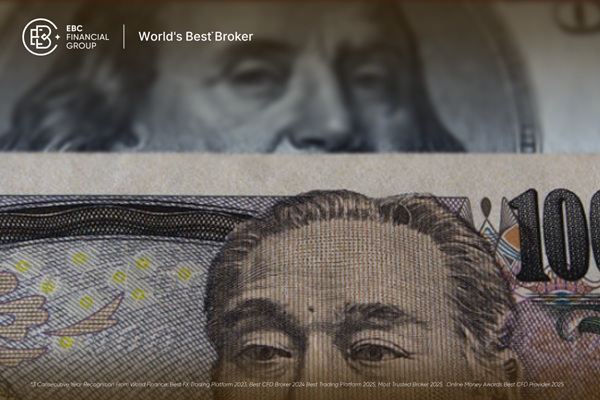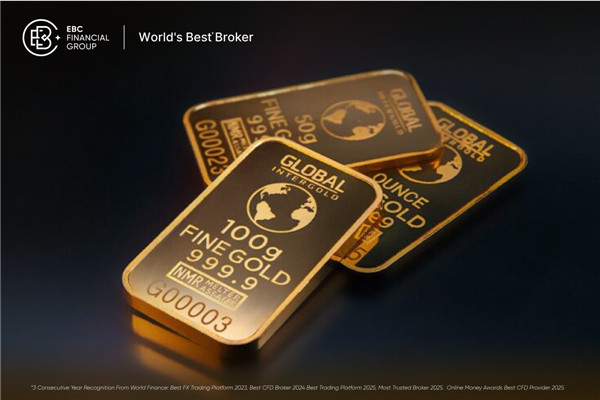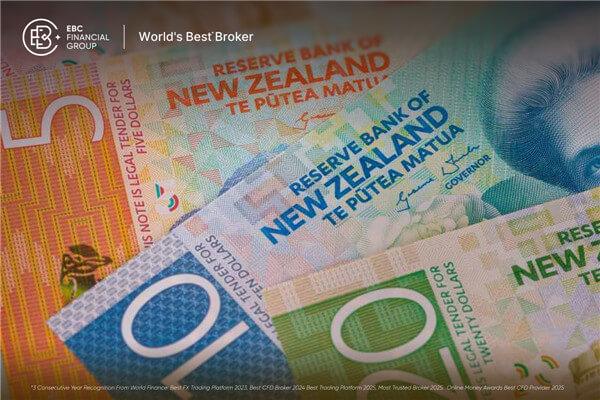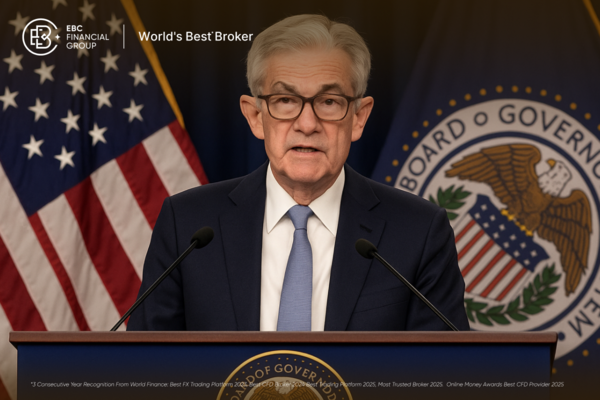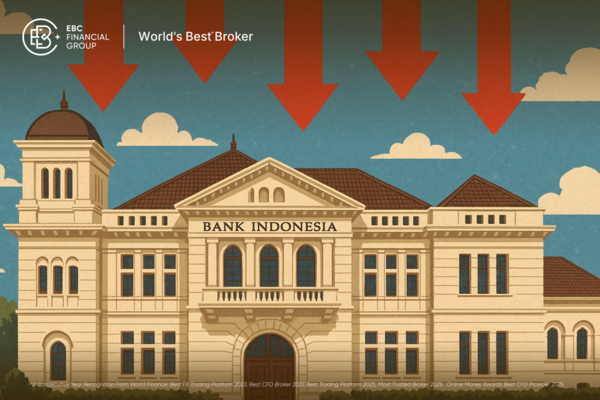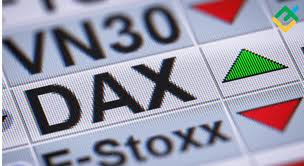
DAX (German Stock Index) is a blue chip market index composed of 40 major German companies traded on the Frankfurt Stock Exchange. The price is taken from the Xetra trading venue. According to data from Xetra's operator Deutsche Bahn, the DAX index measures the performance of the 40 largest German companies in the Prime standard index in terms of order volume and market value. It is equivalent to the FTSE 100 Index (FTSE100) and the dow jones industrial average.
Historical trends

Exponential structure
The DAX index tracks 40 actively traded large German companies and is seen by many analysts as a measure of the health of the German economy. The companies listed on DAX are multinational corporations, which have an impact on both the domestic and global economies of Germany. The success of these companies greatly contributed to the so-called "Wirtschaftswund", the rebirth of Germany after World War II.
The companies in the DAX index cover many industries. For example, BayerAG is a pharmaceutical and consumer health company founded in 1863, known for its pain relieving and allergy relieving products. Allianz is a global financial services company focused on providing insurance and asset management products to customers. Adidas develops, manufactures, and sells popular sports shoes, clothing, and equipment.
The following are the five major companies representing DAX40 and their weights:
